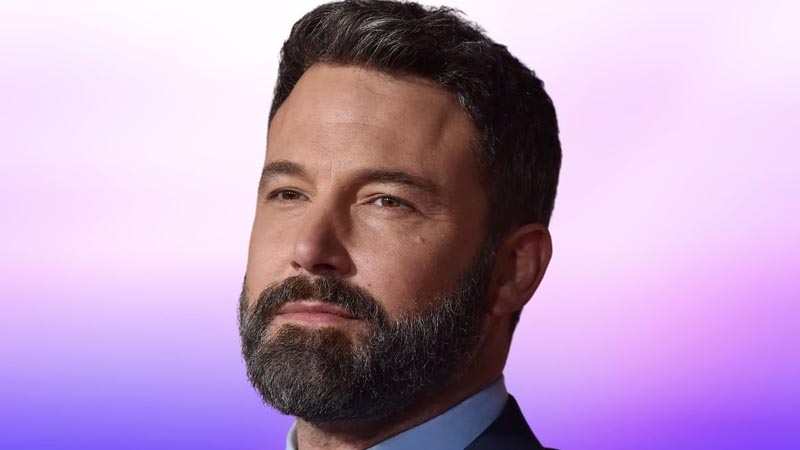Donald Trump’s Tax Avoidance Claims Stir Debate on Fiscal Responsibility and Patriotism

BY JABIN BOTSFORD/THE WASHINGTON POST/GETTY IMAGES
In September 2016, during a heated exchange in the presidential debates, Donald Trump openly stated that his ability to avoid paying income taxes was a sign of his intelligence. This statement came as a response to Hillary Clinton’s criticism, who highlighted Trump’s deviation from the longstanding tradition among presidential candidates to disclose their federal income tax returns.
CNN reported that when Clinton pointed out that Trump hadn’t paid taxes for years, he famously retorted, “That makes me smart.” This comment has resurfaced on social media platforms, reigniting discussions and criticisms of the former president. On platforms like X (formerly Twitter), users took the opportunity to recall Trump’s boastful remark on Tax Day.
One user posted the old video clip with the caption, “Flashback. Donald Trump bragged about not paying taxes: ‘That makes me smart.’ Happy #TaxDay, everyone.” The revival of this video sparked a flurry of comments, with many using it to criticize Trump’s approach to law and order, suggesting he had spent a lifetime exploiting legal loopholes and scapegoating to avoid legal troubles.
Social media users continued to voice their opinions, highlighting the contradiction in Trump’s self-proclaimed image as a champion for ordinary people, while evidently prioritizing the interests of himself and his affluent peers. Critics argued that it is the wealthy, such as Trump, who should bear a heavier tax burden, not receive tax breaks.
On Reddit, sentiments from a 2016 discussion echoed similar frustrations. Users debated Trump’s frequent complaints about being audited by the IRS, suggesting that his high earnings and minimal tax payments made him a prime candidate for scrutiny. The conversation also touched on broader societal issues, with comments like, “Rich not paying taxes: Smart. Poor not paying taxes: Moochers,” and questions about the ethical implications of supporting tax avoidance while complaining about national deficits.
In the same debate with Clinton, Trump defended his tax practices by arguing that he was more efficient at managing money than the government, claiming any taxes paid would be squandered. CNBC captured these remarks, which aligned with his broader critique of governmental inefficiency and wasteful spending.
Trump’s stance on taxation was further clarified in a 2015 statement where he described his efforts to minimize tax payments as both a business strategy and a personal crusade against government waste. According to a CBS report, Trump stated, “I fight like hell to pay as little as possible for two reasons. Number one, I’m a businessman. And that’s the way you’re supposed to do it.
The other reason is that I hate the way our government spends our taxes. I hate the way they waste our money. Trillions and trillions of dollars of waste and abuse. And I hate it.” These incidents and statements highlight the complex and often controversial views of Donald Trump regarding tax policy and fiscal responsibility, reflecting a broader debate about the obligations of the wealthy in American society.




